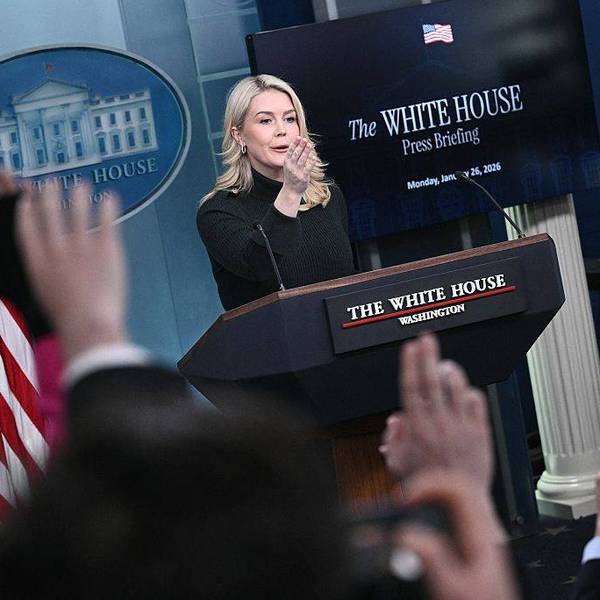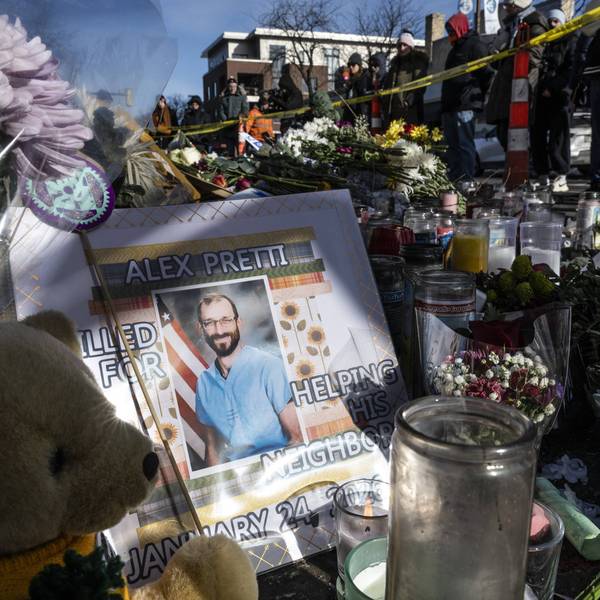To his credit, NBC Meet the Press host Chuck Todd is doing interviews with some press critics; he spoke to NYU professor Jay Rosen (10/9/14) recently, and also to liberal watchdog group Media Matters (10/22/14). And some of his comments to the latter are revealing; Todd really wants to mix things up on the Sunday chat show, but not too much.
Todd was interviewed by Media Matters' Joe Strupp , and they discussed the lack of diversity on Todd's show. Last year, Strupp noted, 62 percent of the guests on the show were white men. Todd countered by trying to argue that perhaps "geographical diversity" should be a consideration-guests who weren't from New York and Washington, DC. Strupp pointed out that even by that standard, Meet the Press has been heavy on familiar faces like James Baker, Henry Kissinger and Michael Bloomberg.
Todd insisted he was trying, but then pointed out that some things are beyond his control:
Look, there's some things you can control. I can't control, sometimes, the fact that 90 percent of the generals and the military experts out there-you know what I mean? Some of this stuff is out of your control. At the end of the day, you want to put the best people on. You want to put the best, smartest people on.
I think I know what he means. He wants to have diverse discussions, of course, but when the country might be embarking on a new war (or just extending an old one), then you just have to bring on the TV generals. And those, it turns out, are mostly white guys. And how could a TV show talk about war without talking to ex-military officials?
The fact that it seems inconceivable to cover war any other way really says a lot. Of course, it's not hard to imagine a different kind of war coverage, one that speaks to regional experts, lawyers or even-gasp!-peace advocates. But that's not even a remote possibility, even though doing so would surely make for a more diverse show in every way. No, the goal is to get the "smartest people"-which is why you're bound to see Joe Scarborough on Meet the Press. Because, clearly, he's one of the smartest.
Todd's response isn't the first time a media figure has responded to criticism this way. Back in 2010, after FAIR released a study of the elite bias of the PBS NewsHour guestlist, the show's executive producer Linda Winslow (FAIR Media Advisory, 10/25/10) said this:
FAIR seems to be accusing us of covering the people who make decisions that affect people's lives, many of whom work in government, the military or corporate America. That's what we do: We're a news program, and that's who makes news.
If you define "news" as talking to powerful people, then it's absolutely predictable that your show will talk to a whole lot of white men. But here's a radical concept: How about talking to people who don't already have enormous political power or media platforms? It's a radical concept, but imagine what kind of media system that would look like.



